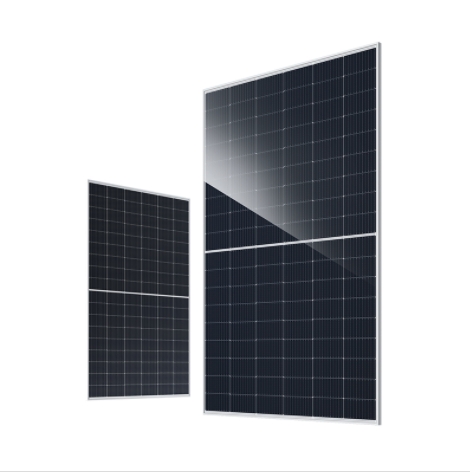
-
[email protected]

-
Building 1, No. 21 Shengfa Road, Lucheng District, Wenzhou, Zhejiang, China


In the global push towards sustainable and renewable energy sources, solar panels have emerged as a pilot technology, offering a clean and efficient alternative to traditional fossil fuels. As awareness of environmental issues and the need for energy independence grows, the adoption of solar panels is accelerating across residential, commercial, and industrial sectors. This shift towards solar energy is not only beneficial for the environment but also presents significant economic opportunities.
Solar panels, also known as photovoltaic (PV) panels, convert sunlight directly into electricity. This technology has been around for several decades, but recent advancements have made solar panels more efficient and affordable than ever before. Modern solar panels can now achieve higher energy conversion rates, meaning they can produce more electricity from the same amount of sunlight. This improvement in efficiency has made solar energy a viable option for a wider range of applications, from small-scale residential installations to large-scale solar farms.
One of the key drivers behind the growth of solar panels is the decreasing cost of production. Over the past decade, the cost of manufacturing solar panels has dropped significantly, making them more accessible to homeowners and businesses. This cost reduction is due to advancements in manufacturing processes, economies of scale, and increased competition in the market. As a result, the return on investment for solar panel installations has improved, making it an attractive option for those looking to reduce their energy bills and carbon footprint.
Another significant advantage of solar panels is their low maintenance requirements. Once installed, solar panels require small upkeep and have a long operational lifespan, often exceeding 25 years. This reliability makes them an ideal choice for long-term energy solutions. Additionally, solar panels can be installed in a variety of locations, from rooftops to open fields, making them a flexible option for different types of properties.
The environmental benefits of solar panels are substantial. By generating electricity from sunlight, solar panels produce no greenhouse gas emissions during operation, unlike traditional fossil fuel-based power plants. This reduction in emissions helps to mitigate climate change and improve air quality. Furthermore, solar energy is a renewable resource, meaning it will not deplete over time, providing a sustainable energy solution for future generations.
Governments around the world are recognizing the importance of solar energy and are implementing policies to encourage its adoption. These policies include subsidies, tax incentives, and renewable energy targets, which aim to increase the share of solar power in the energy mix. These measures are not only driving the growth of the solar industry but also creating jobs and boosting local economies.
Solar panels are playing a crucial role in the transition towards a more sustainable and renewable energy future. With decreasing costs, improved efficiency, and significant environmental benefits, solar panels are becoming an increasingly attractive option for individuals, businesses, and governments alike. As technology continues to advance and supportive policies are implemented, the future of solar energy looks brighter than ever. Whether for small-scale residential use or large-scale commercial applications, solar panels are proving to be a vital component in the global effort to combat climate change and secure a sustainable energy supply.
Your email address will not be published. Required field are marked*
